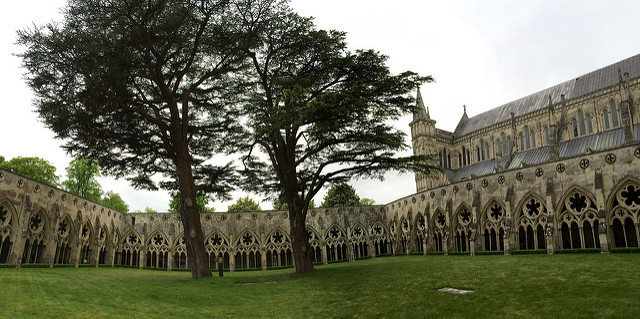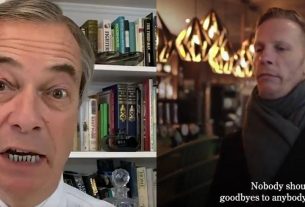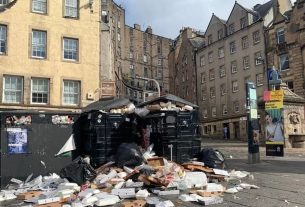The novichok poisoning attack in Salisbury and its aftermath has caused a slump in the city’s house prices.
Figures from the Land Registry show that property prices fell by almost 10 per cent after Russian exile Sergei Skripal, 66, and daughter Yulia, 33, were attacked in March.
A police officer, Det Sgt Nick Bailey, was also taken seriously ill after responding to the incident.
Two months later, mother-of-three Dawn Sturgess, 44, died after being exposed to Novichok and her partner Charlie Rowley, 45, fell ill but recovered.
He is believed to have picked up the nerve agent in a discarded cosmetics bottle and given it to his partner.
Between May and July, the average sale price of a home in the city dropped from £328,243 to £299,207.
Cashback Remortgages, which studied the Land Registry data, found that Salisbury prices slipped by 8.8 per cent for the three-month period.
But across Wiltshire as a whole, prices rose by 1.9 per cent, they said.
Suchit Sethi, of Cashback Remortgages, said that the attacks and the “relentless” media attention that followed had put off prospective buyers.
“Prices have fallen disproportionately in Salisbury and the events this year may well be what has driven that decline.”
The ‘novichok effect’ in Salisbury comes on top of a general market downturn and uncertainty caused by Brexit to create a perfect storm for the city.
One Salisbury estate agent confirmed that interest had cooled since the attacks, which were blamed on Russia’s GRU intelligence service.
David McKillop, of city estate agents McKillop and Gregory, said the firm usually sold almost two thirds of its homes to buyers from outside Salisbury.
The Novichok attack – along with the subsequent death of Ms Sturgess – has changed that.
He said: “With buyers from London and the home counties not coming in, the market relies on local buyers, and Salisbury people will not pay the top price for property.”
He insisted that the market would right itself and buyers would return, as the attacks were a one-off.
Businesses in the city have also suffered in the novichok aftermath, with parts of the town centre cordoned off and footfall plummeting by 80 per cent.




